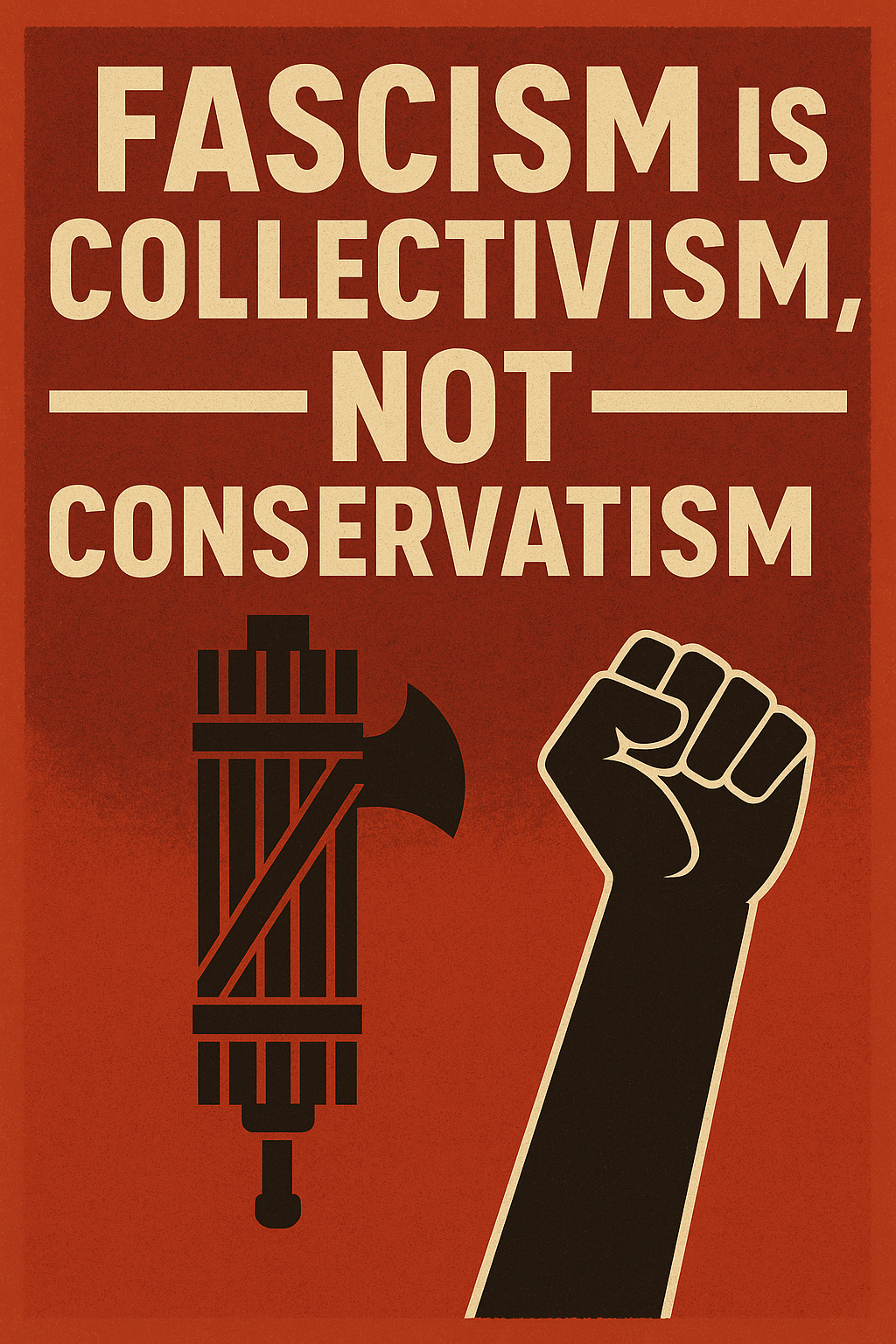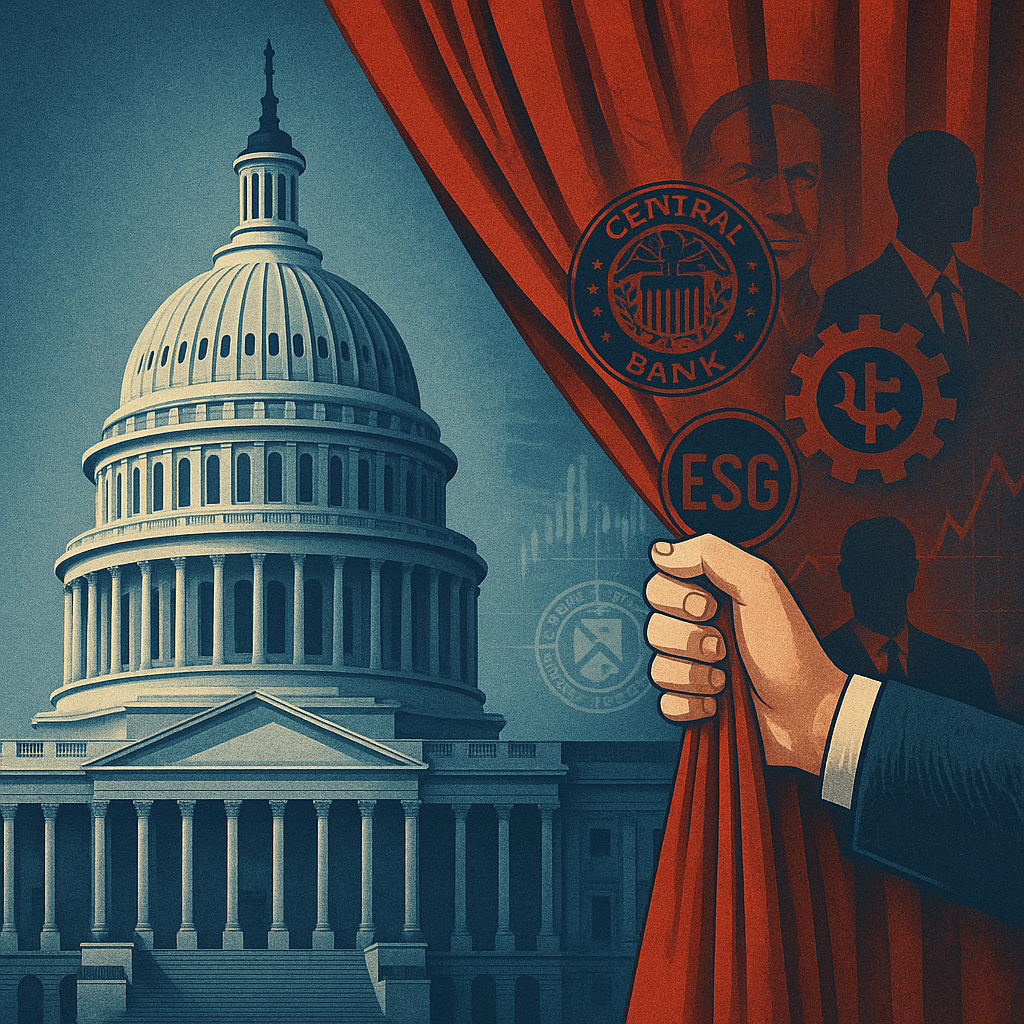Imagine what it would look like if the United States got rid of all of its air traffic coordinators, and just let planes take care of themselves. Each plane would be equal, and airports would no longer prioritize some planes over others. All of the airports would stay open, but planes would take off and land whenever they felt like it, with no guidance from the airports they were taking off out of, or landing into. For the purpose of our analogy, let’s assume that pilots are smart enough to avoid hitting each other, and that they never run out of fuel. As soon as a pilot tries to land, however, he or she sees another plane taking off, and veers away to circle around for another pass. Two planes try to land on the same runway at the same time and both veer off to try again. Every airport, every air route, every runway – it’s all a free for all, with each pilot doing whatever they want. Such a scenario would bring air travel to its knees. Without guidance from air traffic controllers, airports would only be able to handle a fraction of the traffic they currently handle.
 Now imagine the same scenario with data across the Internet, and you have, in a nutshell, net neutrality.
Now imagine the same scenario with data across the Internet, and you have, in a nutshell, net neutrality.
Our airlines operate very similarly to how the Internet operates, with airports acting as hubs, air routes as network lines, and travelers as data. Just as data may have to go through multiple routers before getting to its destination, travelers may have to go through multiple airports. And just as airports would be taken down to their knees without people controlling traffic, so too private networks can be taken to their knees, rendering the user with the dreaded word, “buffering”.
Internet Service Providers (ISPs) invest billions of dollars a year in the cables, routers, and switches that make up the Internet backbone. Currently, federal law prohibits ISPs from acting like air traffic controllers, but ISPs would like to be able to manage their networks, prioritizing traffic in ways that would maximize the amount of traffic their networks could support, and there is a reason they are pushing to end net neutrality now: high definition video.
The number of households using Netflix, Amazon Prime, YouTube, and other online providers of high definition video is exploding. Everyone wants to stream 1080p video, and sometimes even 4k. At 1080p, a video runs at roughly a gigabyte per hour. 4K video takes about 11 GB per hour. In the past, someone with a 30 MBPS Internet connection could be expected to burst to 30 MBPS for short durations, but to have very little (if any) usage the vast majority of the time. With high definition video, many people are filling 30 MBPS connections for hours at a time. The Internet backbone does not have the bandwidth to keep up with that kind of demand.
In the past, the solution to an increase in bandwidth demand was to lay down more infrastructure, creating more bandwidth, but with bandwidth needs growing at an exponential rate, it is becoming necessary to manage the Internet backbone to allow it to process as much traffic as humanly possible, and that is why ISPs want to end net neutrality. The end of net neutrality will allow ISPs to manage their networks the way air traffic controllers manage airports.
The end of net neutrality will create more choices. If one person is content watching videos at 720p (DVD quality), and is willing to have 1080p and 4k video blocked, it makes sense to charge them less than someone who is going to watch 1080p and/or 4k video. Another person might not want any video at all, save the occasional YouTube video. Price should follow usage, and those who pay the most should receive better playback. ISPs will now be free to offer a large number of different packages, at different prices, to meet the needs of different kinds of people who use the Internet to do different things. The end of net neutrality will lead to many different packages people can choose from to get the Internet they want, at a price they are happy with. The end of net neutrality will also lead to an explosion in innovation, and a better Internet, in the future, than we would otherwise have.
Some people seem to think that because the government created the Internet, today’s Internet should be run as a government service. I don’t think these people really understand what the government built, or how it relates to the Internet of today. Yes – the Department of Defense created ARPANET in 1966, which was a network designed to survive a nuclear attack, by distributing data at various locations around the country. Over time, the military expanded this network, and by the 1990s, it was expensive to maintain. As a cost-cutting move, the military allowed colleges to utilize portions of the network for a fee. Soon thereafter, the military allowed private ISPs to connect, and the Internet as we know it was born.
As soon as ISPs connected to the Internet, they began to rebuild it, and to expand it. Today, virtually all of the infrastructure underpinning the backbone is private – put in place by private companies. The military still uses the Internet, and the Internet still provides a distributed, nuclear-proof network, but the cost of the Internet is borne almost entirely by private hands. There are in fact over 6,200 network providers contributing to the Internet backbone. Rather than being a government network we pay for through tax dollars, the Internet is a private network that the military spun-off in order to save money, and the ARPANET, which our tax dollars built, was but a fraction of the size of the Internet as it exists today. Privatization has been a huge win for everyone.
Before the Internet, computers communicated with each other, and with private networks, using modems. I could, for example, call into Western Michigan University’s network, and access the resources I had permission to access on that network. I could also call Bulletin Board Services (BBSs), which were servers that had a lot of modems and a lot of phone lines connected to them, such that a large number of people could connect at once. I had a membership with a company called Prodigy, that could have thousands of people online all at once, all over modems. I also used a smaller service in Kalamazoo, MI, called Eifenville. Eventually, BBSs like Eifenville were allowed to connect to the Internet for a couple of hours late at night, and rather than only chatting with other people who had dialed in to Eifenville, suddenly I could chat with people all over the country. It was exciting, but I still had to dial into a BBS before I could chat with anyone. It was only after ISPs had re-built and greatly expanded the Internet that private individuals could connect directly to it. The government did create ARPANET, and ARPANET did become the Internet, but the government did not pay to expand ARPANET into the Internet. Private companies did that.
It makes all the sense in the world to end net neutrality. It makes all the sense in the world to let network providers manage their networks, just as air traffic controllers manage airports.





Andrew
I do not believe you are fully informed as to the reasons leading up to the instantiation of net neutrality (or how the internet works in general, good luck filtering certain resolution video types over an encrypted connection). There are numerous examples of “abuse of power” from major telecoms and the follow are just a few. Back in 2005, Madison River Communications was blocking access to VOIP (telephony) services such as Vonage, as well as many others as it was in direct competition to their service offerings. Between 2007 and 2009, AT&T was blocking services to the same as well as Skype as it was in direct competition to their cellular networks. Between 2011 and 2013, Verizon, Sprint, and AT&T were blocking access to Google Wallet as they had their own similar services. In 2012, AT&T tried blocking access to Apple’s Facetime to those who would not pay an extra fee (for a product they DID NOT own!!). In 2013, Verizon literally stated the only thing keeping them from favoring some content providers (such as partners) over others was net neutrality. Can you imagine Comcast blocking or causing Netflix to buffer in order to frustrate users into using their own video content? IT HAS ALREADY HAPPENED. Net neutrality put a stop to this.
The types of “package tiers” you mentioned are already occurring. Other countries have already began charging extra fees to certain types of services (while blocking others) such as $5.99 for social media, $9.99 for gaming, and $8.99 for movies networks, ON TOP of the regular monthly rate. You say net neutrality stifles innovation and hinders propagation of other providers. Nothing could be further from the repetitious fallacies purported by the major telecom’s lobbyists. Net neutrality has allowed higher speed increases for consumers in order to deliver more than just the cable company’s video content. Remember, for basic landline telephone service “back in the day”, if not for FCC regulation, many rural areas would have NEVER had access to telephone services of any kind. That means no readily available access to emergency services when someone was critically injured on the farm. The FCC ensured that the major telecom companies provided ubiquitous access for everyone and not to pick and choose where solely profit over access was king.
PLEASE do your research into what will happen should net neutrality be abolished. Is it any wonder why the major telecom companies are funneling SO MUCH money into getting this removed? Indeed, WHY would Comcast have any interest over being able to throttle other video content providers when they know only one provider can “own” the lines in every community at a time? They say they have no interest in throttling content, but as I stated before, they already have! Smaller websites and services who are unable to “pay the ransom” to the major telecoms will see their content throttled or blocked entirely. So much for “mom and pop” sites and services.
This is nothing like an air traffic control issue. Routers are capable of managing their own traffic flows, unlike air traffic. Find a better analogy.